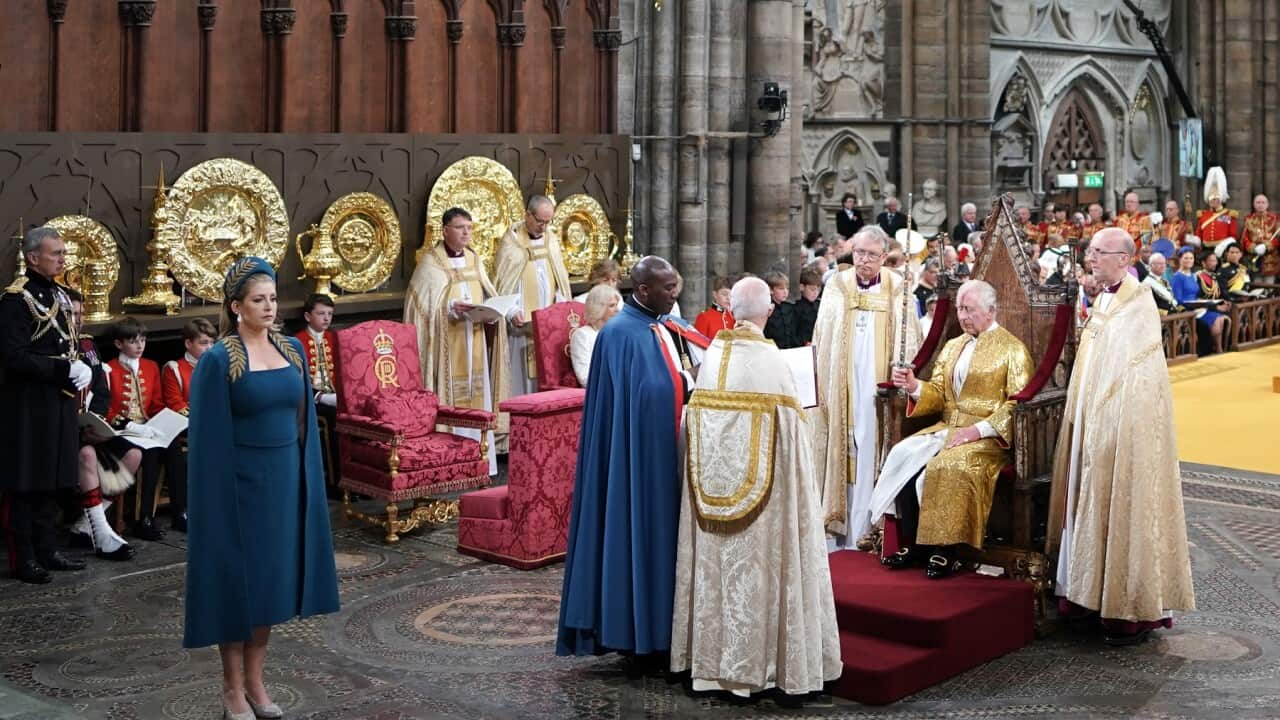Section 44 of the Constitution sets out restrictions on who can be a candidate for federal parliament. Five subsections make clear what disqualifies people, but its article one that tripped up the two Greens, government minister Matt Canavan, One Nation senator Malcolm Roberts and deputy prime minister Barnaby Joyce.
It rules out anyone with allegiance, obedience, or adherence to a foreign power, or is a subject or a citizen or entitled to the rights or privileges of a subject or citizen of a foreign power."
The general idea being that you need to give yourself wholeheartedly to your country and not have any mixed allegiance, Professor Anne Twomey, a constitutional law expert at the University of Sydney, told SBS World News.
Technically, Senator Ludlam's New Zealand citizenship makes him a subject or citizen of a foreign power. Larissa Waters had a similar situation with Canada, despite both Greens leaving their countries of birth as young children.
Barnaby Joyce is also a citizen of New Zealand, says the NZ government, and is being referred to the High Court over his dual citizenship.
Matt Canavan is not resigning from the parliament, but has stepped down from the cabinet and resigned from his ministries.
Malcolm Roberts, meanwhile, has been accused of once holding British citizenship, though he claims he renounced it before he was elected. He is staying in his job until his case has been heard.
Was this situation avoidable?
All senators would have had no problem if they had renounced their citizenships of New Zealand, Canada, Britain and Italy before they ran for office.
Have other Australian politicians been forced to renounce their citizenship?
Former Prime Minister Tony Abbott, who was born in London, renounced his British citizenship before becoming an MP in 1994.
Another former prime minister, Julia Gillard, who was born in Wales, renounced her citizenship before entering parliament in 1998.
Senator Derryn Hinch left New Zealand in 1963 and became an Australian citizen in 1980. He tweeted he was still required to renounce his Kiwi status before his political career.
Why does a multicultural nation like Australia still have this law?
The main problem, according to Professor Twomey, is that a referendum is needed for any changes to the constitution.
Nobody has thought that it was worth the money and effort to hold a referendum to make those changes, she said.




